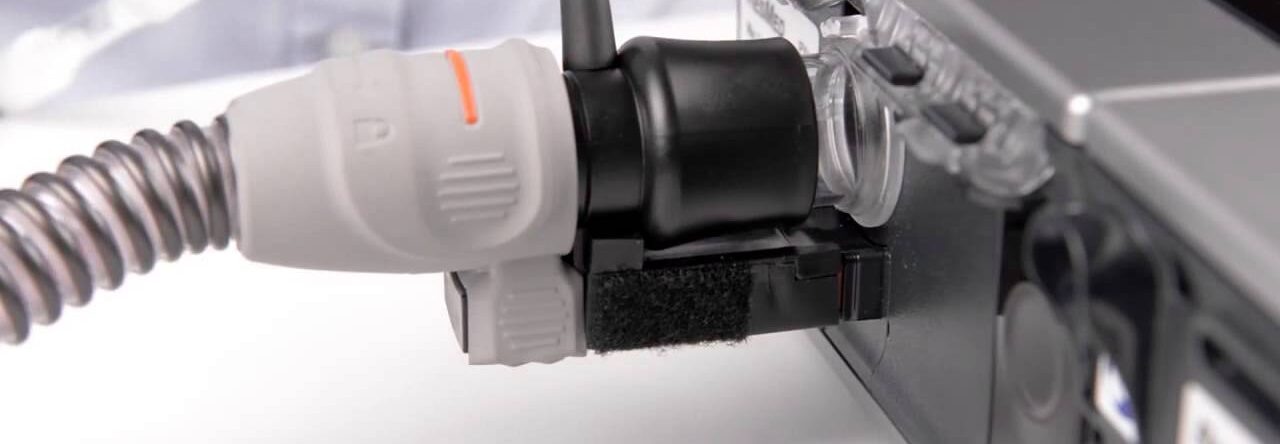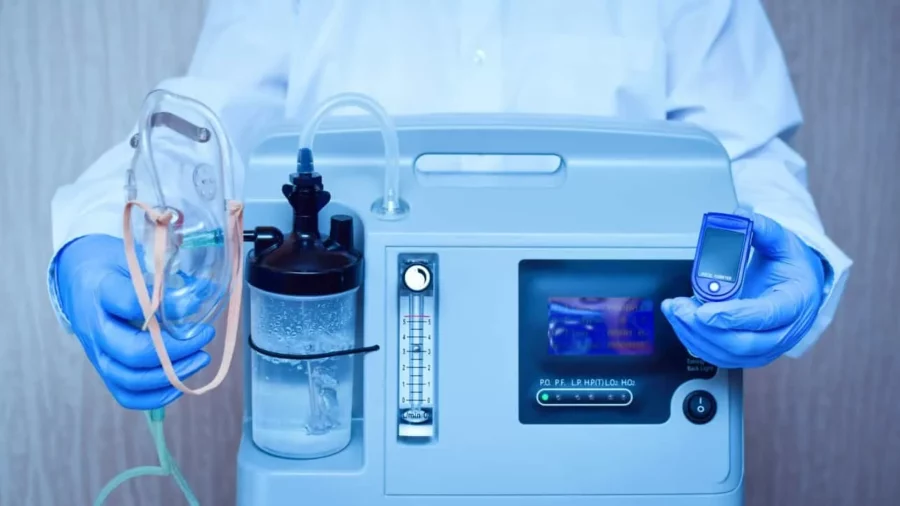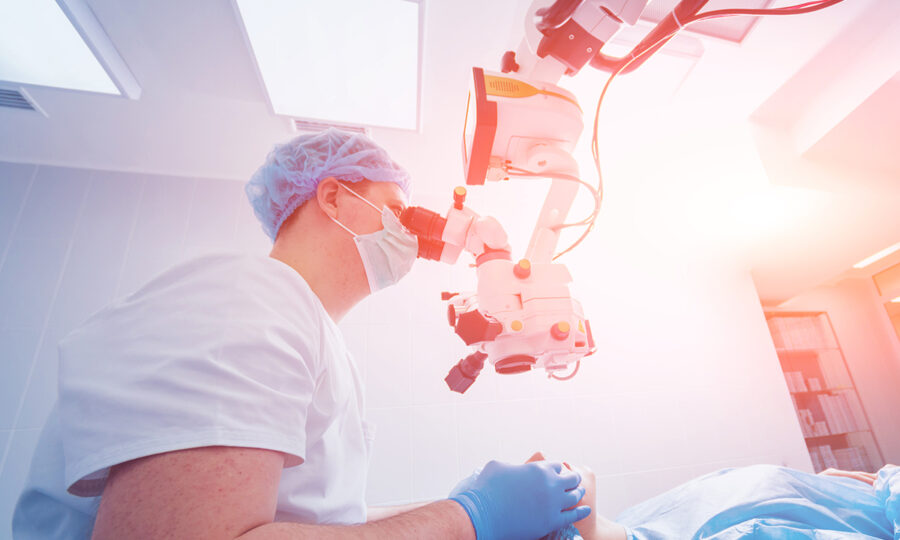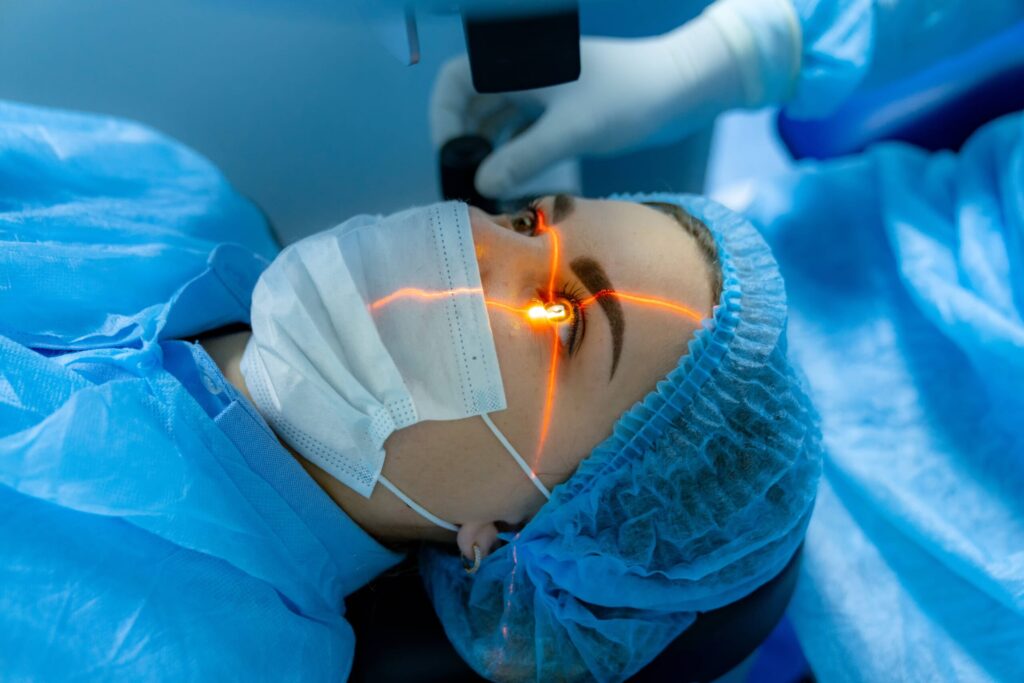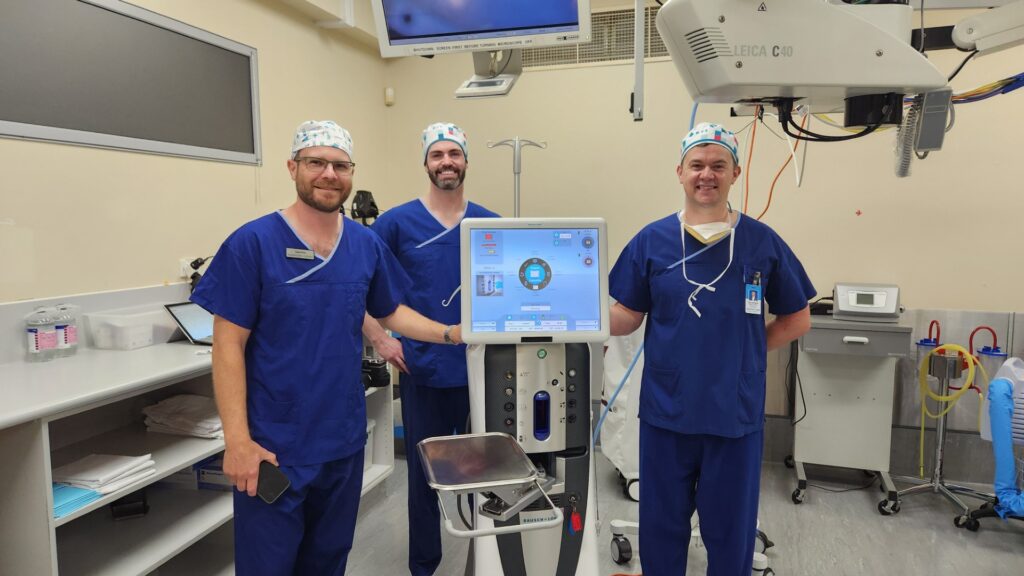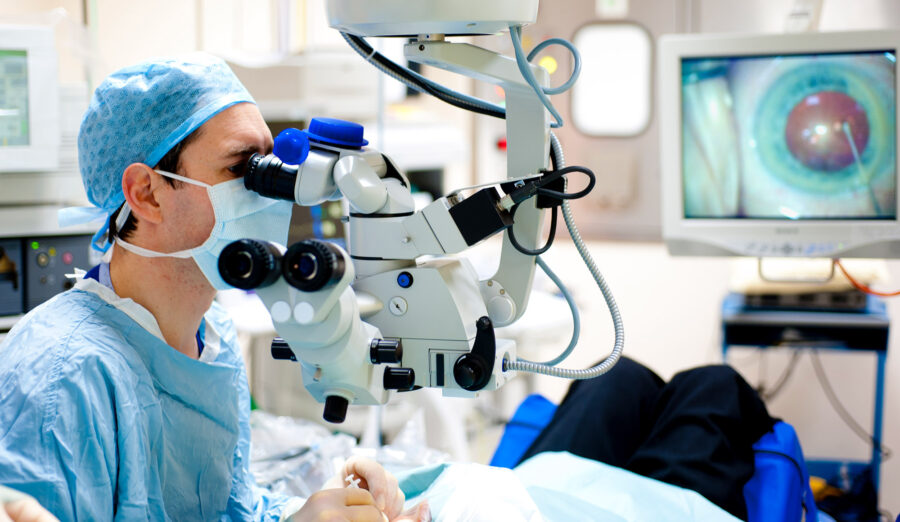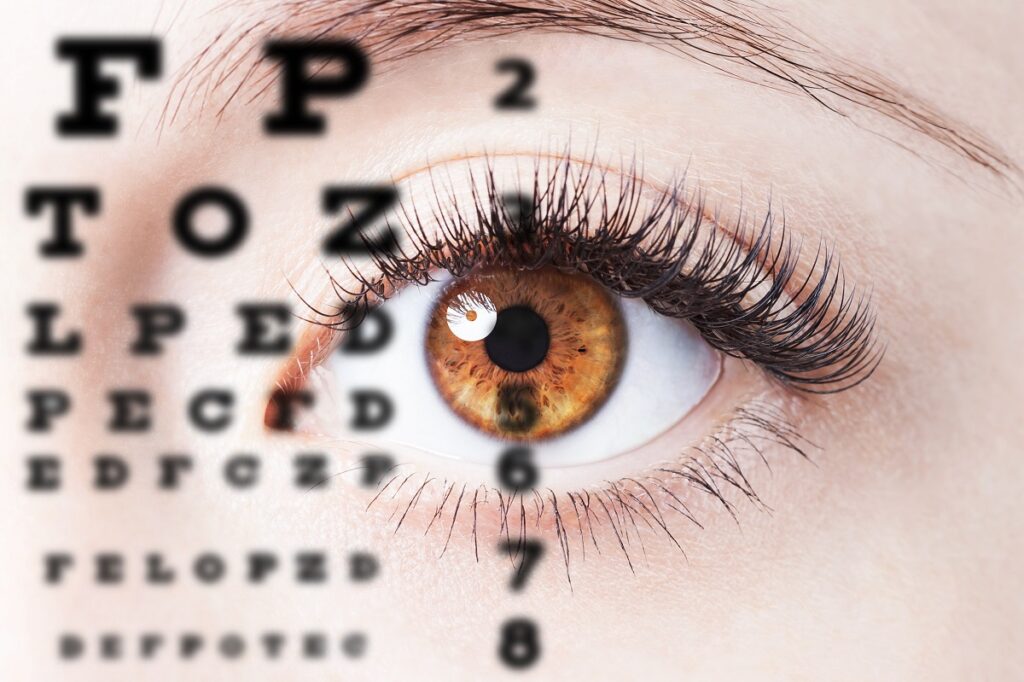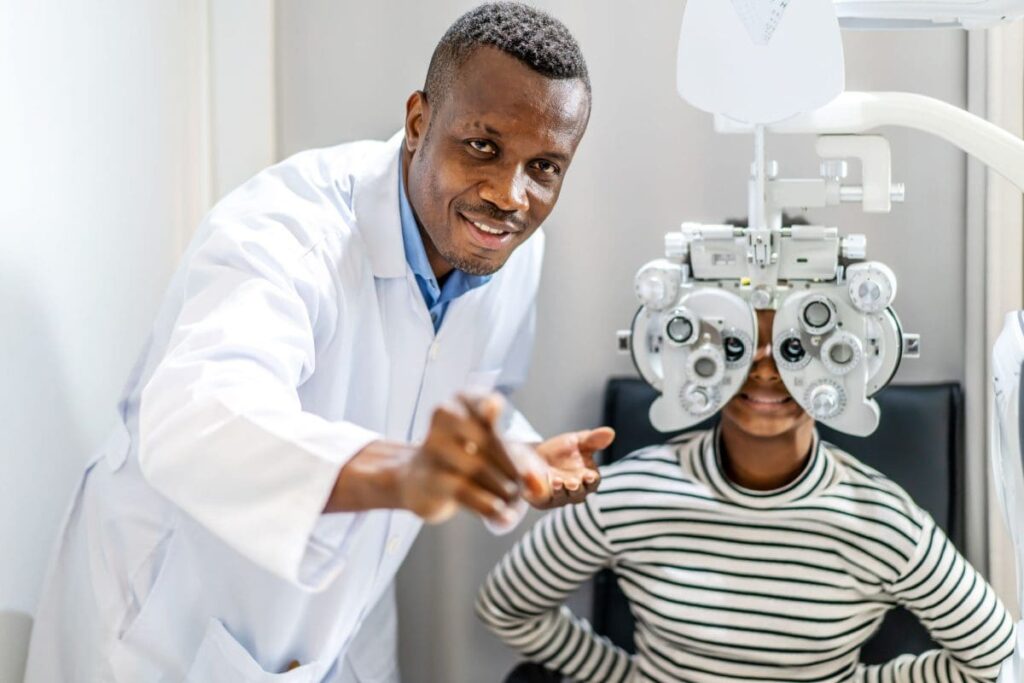What Is the Philips EverFlo Oxygen Concentrator, and Why Is Maintenance Important?
The Philips EverFlo Oxygen Concentrator is a stationary medical device designed to deliver continuous oxygen therapy to patients requiring supplemental oxygen. This reliable unit extracts oxygen from ambient air and concentrates it for therapeutic use, making it an essential tool for individuals managing respiratory conditions.
Regular maintenance and cleaning of your everflo oxygen concentrator are crucial for its performance and lifespan. If these tasks are neglected, you may experience reduced oxygen output, increased energy consumption, or even system failures. By properly caring for your device, you can ensure consistent and safe oxygen therapy while avoiding costly repairs or premature replacement.
Key Areas of Maintenance for Your Philips EverFlo Oxygen Concentrator
The maintenance routine for your Philips EverFlo Oxygen Concentrator involves several key areas:
- Filter management: Regularly check and clean or replace the filters to maintain clean airflow.
- Exterior and interior cleaning: Wipe down the exterior surfaces and clean the interior components to prevent dust accumulation.
- Strategic placement: Ensure that the concentrator is positioned in a well-ventilated area with enough space around it for proper airflow.
- Regular operation: Use the device as prescribed by your healthcare professional to preserve the internal components.
Understanding how to maintain and clean your Philips EverFlo Oxygen Concentrator protects your health investment and guarantees uninterrupted oxygen delivery when you need it most.
How Can They Maintain the Key Filters in Their Philips EverFlo?
The Philips EverFlo contains three distinct filters that require different maintenance approaches.
1. Internal Bacteria Filter
The internal bacteria filter is a lifetime component that only needs changing when a new patient begins using the device or after major repairs—it’s not part of routine maintenance.

2. HEPA Filter
The HEPA filter sits behind the access door and serves as the primary filtration system. This filter is non-serviceable, meaning users cannot clean it. When the HEPA filter becomes clogged or damaged, replacement with a new unit is the only option. Regular visual inspections help determine when replacement becomes necessary.
3. Foam Cabinet Filter
The foam cabinet filter is an optional but highly recommended component that blocks debris, lint, and pet hair from entering the concentrator. This filter requires the simplest maintenance:
- Remove the foam filter from its housing
- Rinse thoroughly under running water
- Allow to air-dry completely before reinstalling
- Check monthly for visible dirt or deformation
Never reinstall a damp foam filter, as moisture can damage internal components.
What Are Some Effective Techniques for Cleaning the Exterior and Interior of the Philips EverFlo?
Cleaning the Exterior
Oxygen concentrator exterior cleaning starts with a simple damp cloth wiped across all surfaces while the unit is unplugged. This removes dust, fingerprints, and surface contaminants that accumulate during daily use.
For disinfecting oxygen concentrator surfaces, mild household disinfectants work effectively when applied according to manufacturer guidelines. Apply the disinfectant to your cloth rather than directly onto the machine to prevent liquid from seeping into vents or openings. Avoid harsh chemicals like bleach or ammonia-based cleaners, which can damage plastic components and leave harmful residues.
Cleaning the Interior
Interior cleaning tips focus on maintaining airflow pathways. While users shouldn’t disassemble internal components, keeping external vents and air intake areas free from dust helps the machine run cooler. Use a soft brush or vacuum attachment around vent openings to remove accumulated debris. A clean interior directly impacts the concentrator’s cooling efficiency, preventing overheating and extending the device’s operational lifespan. The cooler your machine runs, the less stress on internal components.
Where Should They Place Their Philips EverFlo for Optimal Performance?
Oxygen concentrator placement directly impacts device efficiency and lifespan. The Philips EverFlo performs best in a well-ventilated space with at least 12 inches of clearance on all sides, allowing proper airflow through the cooling system and preventing overheating.
Ventilation for Concentrators
Avoid enclosed spaces like closets or tight corners when positioning the unit. Instead, place it in rooms with adequate air circulation, away from curtains, bedding, or furniture that could block air intake vents. This will help prevent heat buildup, which can reduce performance and accelerate component wear.
Dust Prevention
To prevent dust accumulation, strategically place the concentrator away from high-traffic areas where particles tend to gather. Whenever possible, keep the unit off carpeted floors, as carpets tend to trap dust and allergens that can clog filters. Opt for hard surfaces in clean, dry rooms as the ideal foundation for the device.
Considerations for Pet Owners
If you have pets, it’s important to position your oxygen concentrator away from areas where animals shed. Pet hair and dander are common culprits behind filter clogging and premature maintenance needs. By designating a pet-free zone for the concentrator, you can protect its internal components from debris buildup and extend the lifespan of filters between cleanings.
How Often Do They Need to Inspect or Replace Filters in Their Philips EverFlo?
The air inlet filter requires replacement approximately every two years, while other filters need inspection based on usage and environmental conditions. This filter inspection frequency directly impacts maintaining clean airflow and device efficiency.
Users should establish a monthly visual check of the foam cabinet filter (if installed) and the air inlet filter. Visible dirt accumulation, discoloration, or deformation signals the need for immediate attention. The foam filter benefits from washing with mild soapy water when debris becomes apparent, followed by complete air-drying before reinstallation.
Key inspection indicators include:
- Visible dust or lint buildup on filter surfaces
- Reduced oxygen output or flow rate
- Unusual noise levels during operation
- Discoloration or darkening of filter material
The HEPA filter behind the access door requires less frequent attention but should be visually inspected during routine checks. Since this component is non-serviceable, replacement becomes necessary when performance degrades or visible contamination appears.
For detailed guidelines on filter maintenance, users may refer to specific service manuals such as this Philips EverFlo Service Manual, the Oxygen Alliance Maintenance Guide, or the Caire Inc Technical Manual. These resources provide comprehensive instructions for ensuring optimal performance of your device through proper filter maintenance.
Why Is It Beneficial for Them to Run Their Philips EverFlo Regularly Even When Not in Use?
Running oxygen concentrator monthly prevents internal component deterioration, even during periods of non-use. The Philips EverFlo contains sieve beds—specialized molecular filters that separate oxygen from ambient air through a pressure swing adsorption process. These beds contain zeolite material that can harden or become less effective when left idle for extended periods.
Operating the device for at least 10 hours each month maintains the flexibility and effectiveness of the sieve beds. This practice keeps the zeolite material active and prevents moisture accumulation that can lead to crystallization. The regular cycling process also:
- Maintains proper pressure levels within the system
- Prevents internal component stiffness
- Ensures the compressor remains lubricated
- Keeps internal seals flexible and functional
Sieve bed maintenance through regular operation extends the concentrator’s lifespan significantly. Users who store their device for weeks without operation may notice reduced oxygen output or longer startup times when they resume use. Setting a monthly reminder to run the concentrator protects this critical investment in respiratory health.
How Can Users Maintain and Clean Humidifier Bottles Used With Their Philips EverFlo?
Cleaning humidifier bottles is essential every time water is added to prevent harmful bacteria from growing in the damp environment. To do this, completely empty the bottle, wash it with warm soapy water, and rinse thoroughly before filling it up again with distilled water. This quick routine only takes a few minutes but significantly reduces bacterial growth in humidifiers.
The cleaning process involves:
- Taking apart the bottle cap and any tubing connections
- Scrubbing all inside surfaces with a bottle brush
- Rinsing multiple times until no soap residue remains
- Allowing components to air-dry completely before putting them back together
If you see cloudiness, discoloration, or mineral deposits that won’t come off, it’s time to replace the humidifier bottle. These signs mean that the bottle has deteriorated beyond effective cleaning. Even after washing, a damaged bottle can still contain bacteria and pose a risk to respiratory health. Depending on the quality of water used and how often the humidifier is used, most users need to replace their bottles every 3-6 months.
When Should They Schedule Professional Servicing for Their Philips EverFlo?
Professional oxygen concentrator maintenance should occur annually, regardless of how well the device appears to function. Certified technicians possess specialized tools and expertise to perform comprehensive inspections that go beyond routine home care.
Yearly servicing addresses critical internal components that users cannot safely access themselves. Technicians examine electrical connections, test oxygen output levels, calibrate sensors, and verify alarm systems function correctly. They also inspect the compressor, check for air leaks, and assess the condition of internal sieve beds that separate oxygen from room air.
Professional checkups provide essential safety assurance by identifying potential issues before they compromise oxygen delivery. Technicians can detect early signs of wear in components like the cooling fan, pressure valves, and circuit boards. They replace parts that show degradation and ensure the device meets manufacturer specifications.
Scheduling annual appointments helps maintain warranty coverage and creates a service record that documents proper care. Many medical equipment suppliers offer maintenance plans that include reminders for scheduled servicing, making it easier to stay current with professional care requirements.
What Safety Precautions Should Users Follow During Maintenance of Their Philips EverFlo?
Always unplug the device from the electrical outlet before performing any cleaning or maintenance tasks. This single step prevents electrical shock, short circuits, and potential equipment damage during servicing.
Working on a plugged-in oxygen concentrator creates serious electrical hazards. Water or cleaning solutions can conduct electricity if they contact internal components while power flows through the system. The risk extends beyond shock—moisture entering electrical circuits can cause permanent damage to the device’s sensitive electronics.

Safety during oxygen concentrator maintenance requires these essential practices:
- Disconnect power completely before touching filters, wiping surfaces, or accessing any internal areas
- Keep cleaning cloths damp, not dripping wet to prevent liquid from seeping into electrical components
- Allow all cleaned parts to dry thoroughly before reconnecting power
- Never spray cleaning solutions directly onto the unit—apply them to a cloth first
- Avoid servicing the device near open flames or heat sources, as oxygen-enriched environments increase fire risk
Wait at least 30 seconds after unplugging before beginning maintenance work. This allows residual electrical charge to dissipate from internal capacitors. Following these guidelines will help ensure a safe and effective maintenance process for your Philips EverFlo oxygen concentrator. For more detailed safety procedures and guidelines, refer to the full electric manual.
Conclusion
How to Maintain and Clean Your Philips EverFlo Oxygen Concentrator doesn’t require complicated procedures—just consistent attention to filters, placement, and basic cleaning routines. Regular upkeep directly impacts maintaining Philips EverFlo lifespan while ensuring reliable oxygen delivery for your therapy needs.
Simple habits make the difference:
- Clean filters monthly and replace them on schedule
- Wipe down the exterior weekly
- Run the device at least 10 hours monthly
- Schedule annual professional servicing
Your commitment to these straightforward maintenance practices protects your investment and guarantees the oxygen concentrator performs reliably when you need it most. Start your maintenance routine today—your device will reward you with years of dependable service.
For more detail click here: How to Choose the Right CPAP Machine for Your Sleep Apnea Treatment

